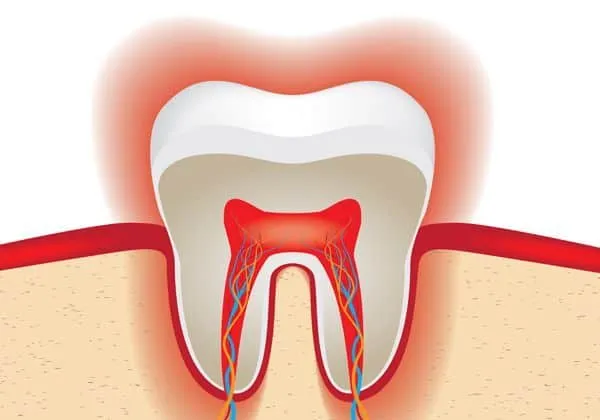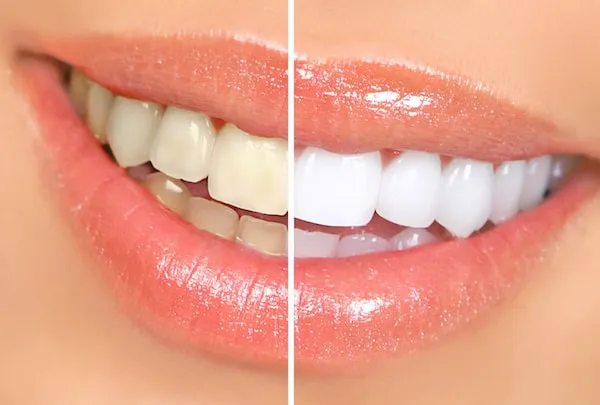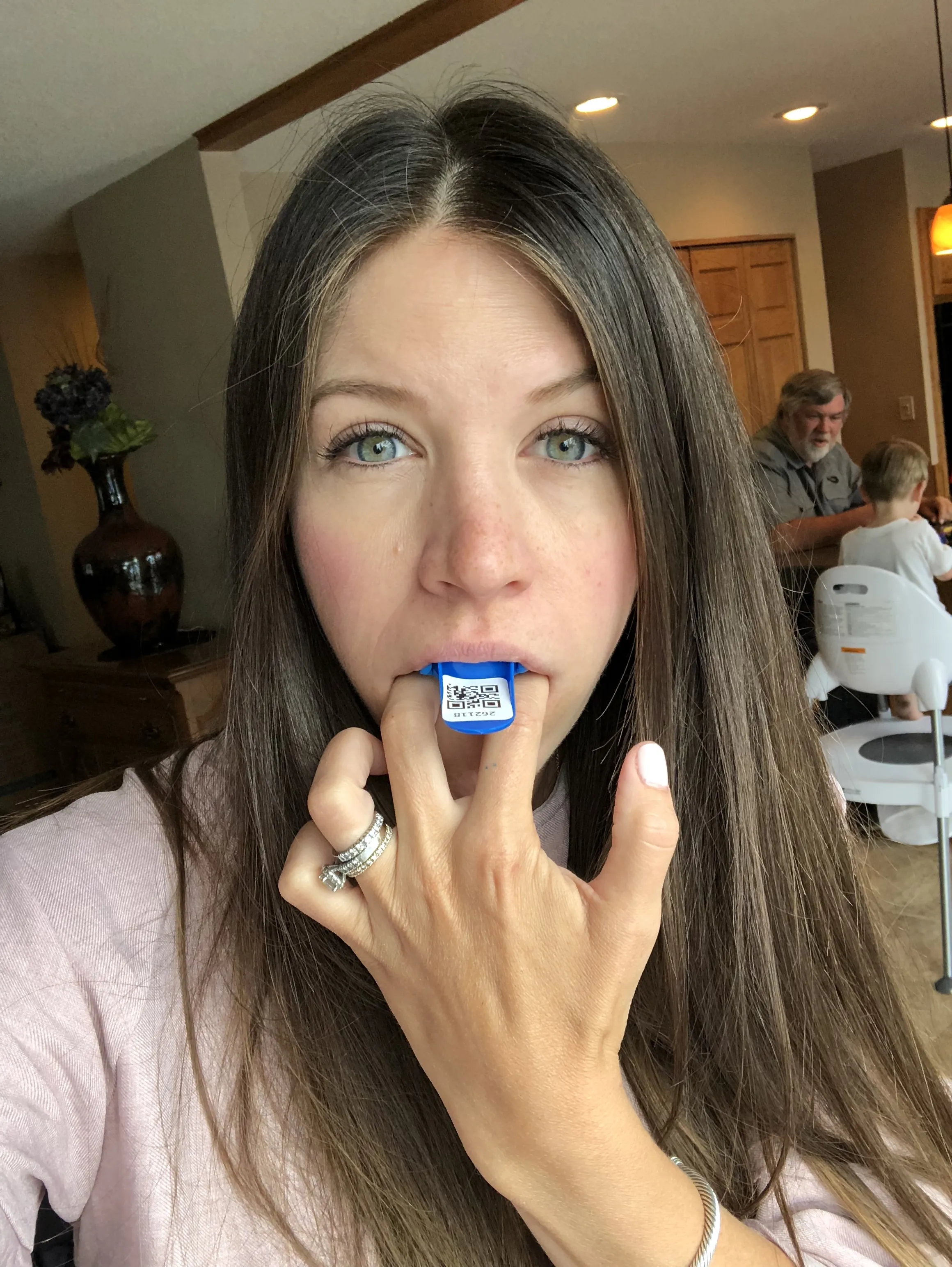Understanding Sensitive Teeth After Whitening
Teeth whitening is a popular cosmetic procedure, but it can sometimes lead to a temporary increase in tooth sensitivity. Many individuals experience some level of discomfort after whitening treatments. Understanding why this happens and knowing how to manage it is essential for a positive experience. Sensitivity can range from mild twinges to more intense pain, often triggered by hot, cold, sweet, or acidic foods and drinks. This discomfort is usually temporary, but it’s crucial to know the causes and remedies to alleviate it effectively.
Causes of Sensitivity After Whitening
The primary cause of sensitivity after teeth whitening is the bleaching agents used in the process. These agents, typically hydrogen peroxide or carbamide peroxide, penetrate the enamel and dentin layers of the teeth to break down stain molecules. This process can also irritate the nerves within the teeth, leading to increased sensitivity. The intensity of sensitivity can vary depending on the concentration of the whitening agent, the duration of the treatment, and the individual’s natural tooth sensitivity.
How Whitening Products Affect Teeth

Whitening products work by releasing oxygen free radicals, which break down the stain molecules that discolor teeth. This process opens the pores in the enamel, allowing the whitening agents to reach the deeper layers of the tooth. This opening of the pores can also expose the underlying dentin, which contains nerve endings. This exposure is what leads to the sensitivity experienced by many people. The products used can also dehydrate the teeth temporarily, further increasing sensitivity.
Common Symptoms of Sensitivity
The most common symptom of sensitivity after teeth whitening is a sharp, shooting pain or discomfort when consuming hot, cold, sweet, or acidic foods and drinks. This sensitivity can occur immediately after the whitening treatment or develop within a few days. Some individuals may experience a persistent ache or throbbing sensation in their teeth. The degree of sensitivity varies from person to person; some might feel a minor twinge, while others experience significant pain that interferes with their daily activities.
Top 5 Remedies for Sensitive Teeth After Whitening
Use Sensitivity Toothpaste

Sensitivity toothpaste is specially formulated to reduce tooth sensitivity. These toothpastes contain ingredients like potassium nitrate, which helps block pain signals from the nerves in your teeth. Regular use can significantly reduce discomfort. Look for toothpaste specifically designed for sensitive teeth. Start using it a couple of weeks before your whitening treatment and continue afterward for optimal results. Consistent use is key to building up the protection against sensitivity.
Application and Benefits
Apply the sensitivity toothpaste twice daily, brushing gently to avoid further irritation. Ensure that the toothpaste covers all sensitive areas. The benefits of using sensitivity toothpaste include reduced pain, making it easier to consume hot and cold foods and drinks. Some users find that using a desensitizing toothpaste can make a significant difference in their comfort levels post-whitening. It is always advisable to consult your dentist about the best sensitivity toothpaste options available.
Fluoride Treatments
Fluoride strengthens tooth enamel and can help reduce sensitivity. It works by remineralizing the enamel, making it more resistant to external stimuli. Fluoride treatments are available both at your dentist’s office and in over-the-counter products. They are a very useful method in helping to manage the sensitivity caused by teeth whitening procedures.
Professional Fluoride Application

Your dentist can apply a concentrated fluoride treatment directly to your teeth. This professional application can provide immediate relief and protection. The dentist might use fluoride varnish, gel, or foam. These treatments are usually more effective than over-the-counter options because of the higher concentration of fluoride. The dentist may recommend a series of treatments depending on the severity of your sensitivity.
Home Fluoride Options
You can also use fluoride toothpaste or mouthwash at home. These products contain lower concentrations of fluoride, making them safe for daily use. Use fluoride mouthwash after brushing and flossing, but avoid rinsing with water afterward to allow the fluoride to remain on your teeth longer. It is always recommended to check with your dentist to recommend the right fluoride option for you.
Over-the-Counter Pain Relievers
If you’re experiencing pain, over-the-counter pain relievers can help manage the discomfort. Medications like ibuprofen or acetaminophen can reduce inflammation and alleviate pain. Taking these medications as directed can help provide temporary relief while your teeth recover from the whitening treatment.
Types and Dosage

Commonly used over-the-counter pain relievers include ibuprofen (Advil, Motrin) and acetaminophen (Tylenol). Follow the dosage instructions on the product label carefully. Be aware of any potential side effects or interactions with other medications you are taking. Consult with your doctor or pharmacist if you have any concerns about taking these medications.
Prescription Pain Relief
In severe cases, your dentist may prescribe stronger pain relief. This is rare, but it may be necessary if the sensitivity is exceptionally intense or prolonged. Prescription pain relievers can provide more significant relief, but they often come with a higher risk of side effects. Your dentist will assess your situation and recommend the most appropriate course of action.
Avoidance of Whitening Treatments
If you are prone to significant sensitivity, it may be necessary to avoid further whitening treatments or to space them out. This will allow your teeth to recover between treatments. Evaluate your individual tolerance levels to different whitening methods. Some people find that certain whitening methods, like those using lower concentrations of peroxide or shorter treatment times, are better tolerated than others.
Importance of Pre-Whitening Sensitivity Management

Taking proactive steps before whitening can significantly reduce the likelihood of sensitivity. This includes using sensitivity toothpaste for a couple of weeks before the treatment and avoiding overly hot or cold foods and drinks. By preparing your teeth beforehand, you can minimize discomfort and maximize the benefits of the whitening treatment. Pre-whitening care is a critical component in the overall experience.
Use of Desensitizing Agents Before Whitening
Your dentist can apply desensitizing agents to your teeth before a whitening treatment. These agents can help block the dentinal tubules, reducing the transfer of stimuli to the nerve. These treatments can be quite effective in preventing or minimizing post-whitening sensitivity. Ask your dentist about the best options for your needs.
Soft Diet and Avoiding Irritants
During and after the whitening treatment, it’s essential to follow a soft diet and avoid irritants. This will help minimize any discomfort and allow your teeth to recover. Avoid foods and drinks that can trigger sensitivity or further irritate your teeth. Staying away from harsh substances is paramount in managing sensitivity issues.
Foods and Drinks to Avoid

Avoid very hot or cold foods and beverages, as they can trigger sensitivity. Steer clear of acidic foods like citrus fruits, tomatoes, and vinegar-based dressings. Carbonated drinks and sugary foods can also exacerbate the problem. These can make the discomfort worse and delay the recovery process.
Best Foods for Comfort
Opt for a diet of soft, bland foods that are gentle on your teeth. Yogurt, soft cheeses, bananas, cooked vegetables, and smoothies can be good options. Drink plenty of water to stay hydrated. These foods won’t irritate your teeth and will provide necessary nutrients without causing pain. Focus on foods that are easy to chew and digest.
Long-Term Care and Prevention
Maintaining good oral hygiene and regular dental check-ups are essential for long-term dental health and to prevent sensitivity. These practices help to keep your teeth strong and minimize the likelihood of experiencing sensitivity after whitening treatments. Consistent care ensures that you have the best possible outcome from your whitening efforts.
Maintaining Good Oral Hygiene
Brush your teeth twice a day with a soft-bristled toothbrush. Use a gentle technique to avoid irritating your gums and enamel. Floss daily to remove plaque and food particles from between your teeth. This combination of brushing and flossing, coupled with regular check-ups, is key to maintaining healthy teeth and gums. It’s also important to replace your toothbrush every three months.
Regular Dental Check-ups
Visit your dentist regularly for check-ups and cleanings. Your dentist can identify any potential issues, such as cavities or gum disease, and provide appropriate treatment. Professional cleanings remove plaque and tartar buildup, which can contribute to sensitivity. Regular check-ups also allow your dentist to monitor the condition of your teeth and provide personalized advice.
Proper Brushing and Flossing Techniques
Use a soft-bristled toothbrush and brush your teeth gently in a circular motion, focusing on each tooth’s surface. Avoid brushing too aggressively, as this can wear down the enamel and increase sensitivity. Floss daily to remove debris and plaque from between your teeth. Proper technique ensures that you effectively clean your teeth without causing further irritation. Learn the correct methods from your dentist or dental hygienist.
